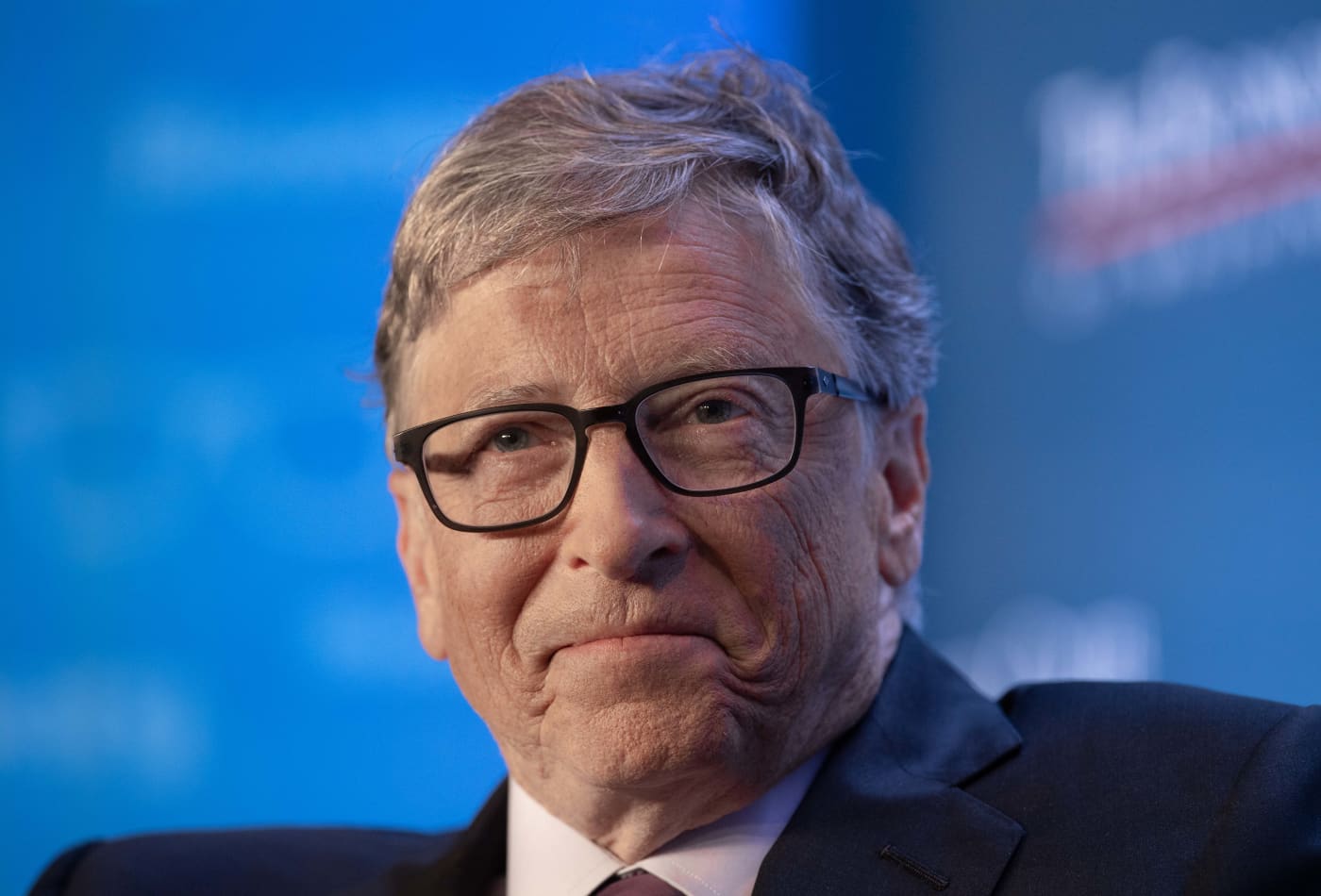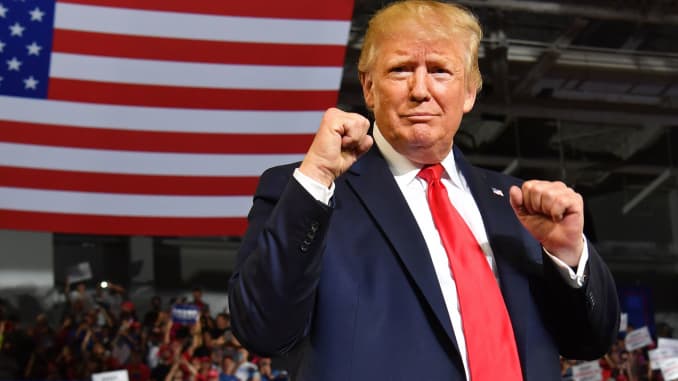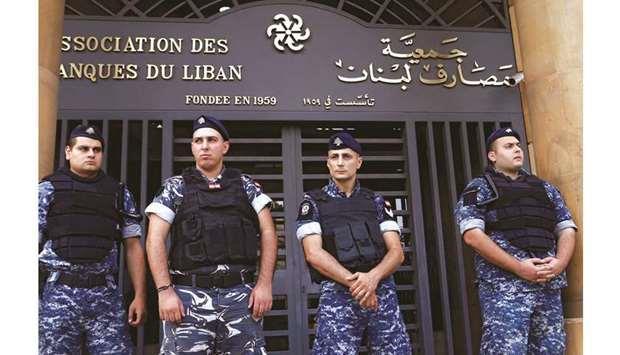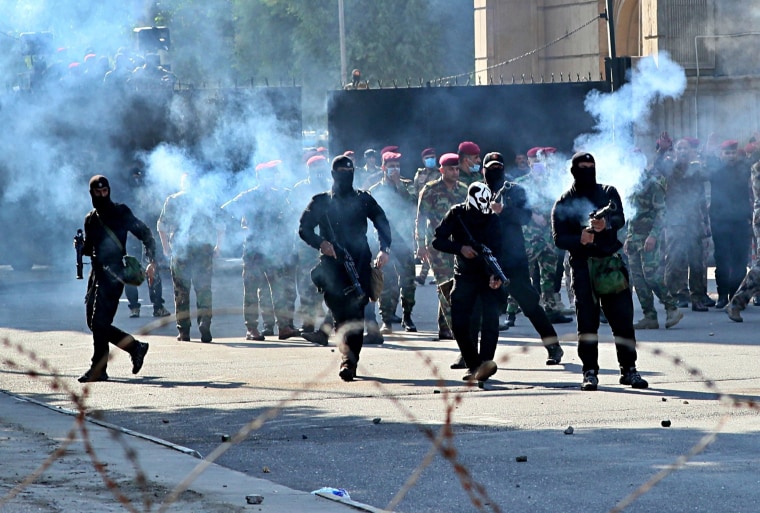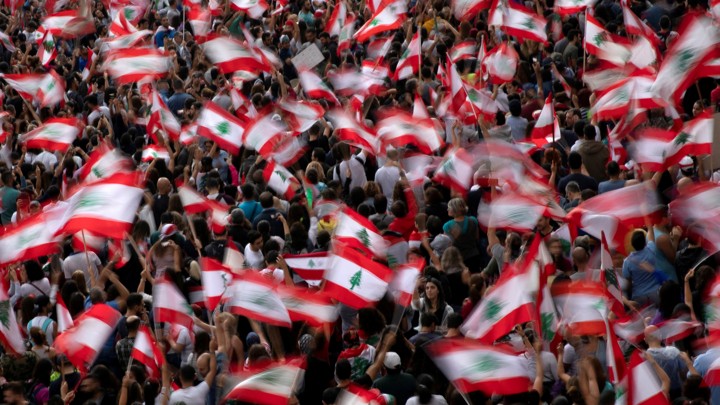
by arabnews.com — BEIRUT: Anti-government protesters clashed with security forces as demonstrators on Monday took to the streets in force and again blocked roads throughout Lebanon. Last week’s resignation of Lebanese Prime Minister Saad Hariri had prompted a lull in protests which have rocked the country since Oct. 17. But with no new Cabinet in place, crowds packed Beirut and other Lebanese towns and cities amid reports that Hariri had on Monday afternoon met in his residence with government Minister Gebran Bassil. It was the first meeting between them since Hariri quit but there was a media blackout on the discussions. Sources close to the former premier told Arab News: “Consultations are taking place away from the media because the situation is critical and the search for solutions is underway so that the country cannot collapse.”
The source added that there was unlikely to be any truth in social media claims that a process for forming a new government was coming together. The UN special coordinator for Lebanon, Jan Kubis, on Monday offered the international organization’s assistance to Lebanon’s President Michel Aoun “in the matters it wishes to achieve to face the current circumstances.” After a weekend of relative calm, protesters filled streets in Beirut, Sidon, Tripoli, Zahle and Jal El-Dib on Sunday night in response to supporters of Aoun and the Free Patriotic Movement (FPM) gathering around the presidential office. Jihad Nammour, an activist and coordinator of the Arab Master in Democracy and Human Rights (ARMA) program, told Arab News: “After seeing the people around the presidential palace and listening to Aoun and the head of the FPM, Bassil, it became clear that the powers had ignored the people’s movement. “Aoun and Bassil presented themselves as honest and trying to fight corruption. Aoun ignored the issue of scheduling parliamentary consultations, which enraged people and led them to renew their protests on a larger scale. The protests seem to be happening according to the people’s will,” he added.

